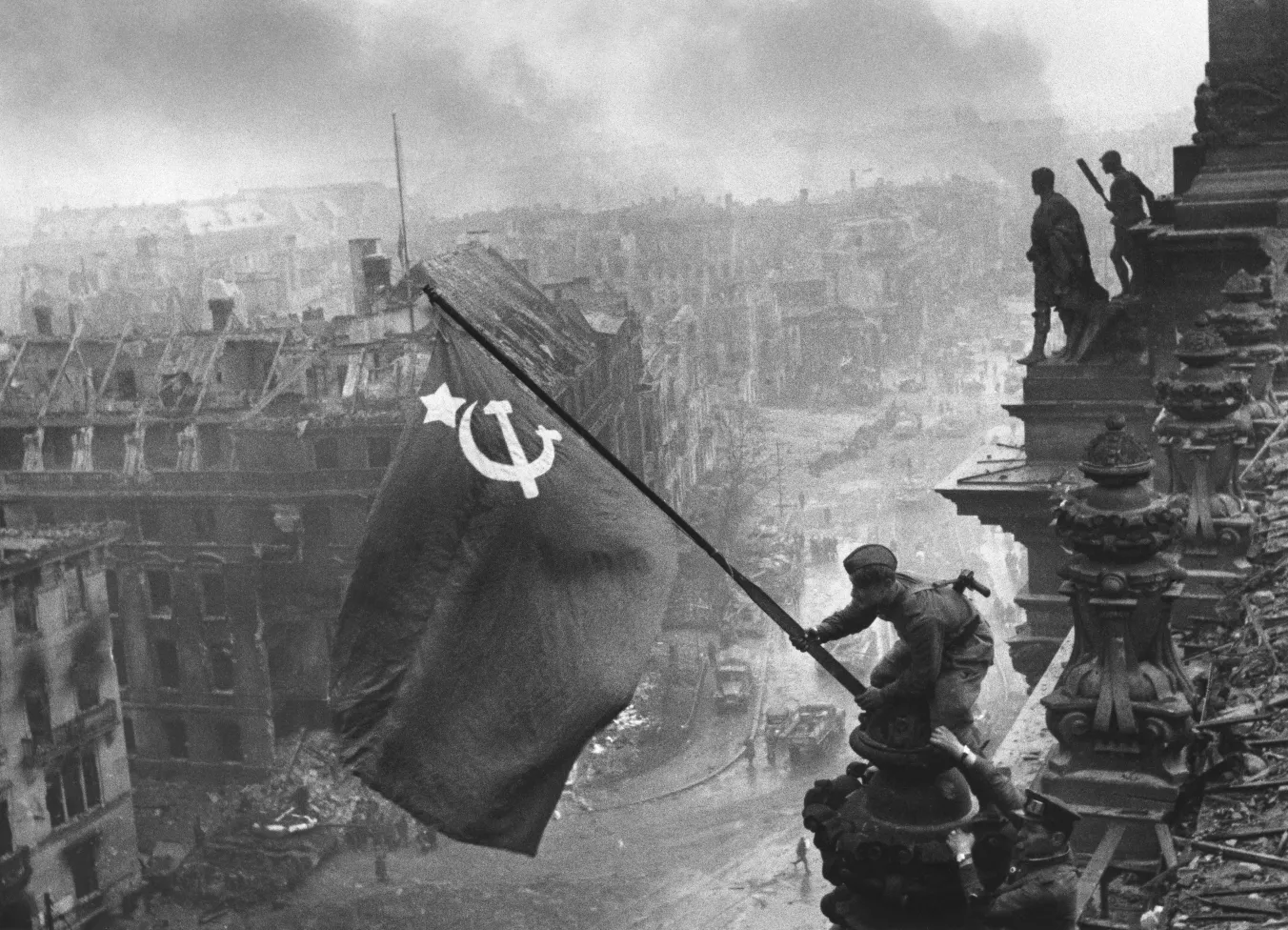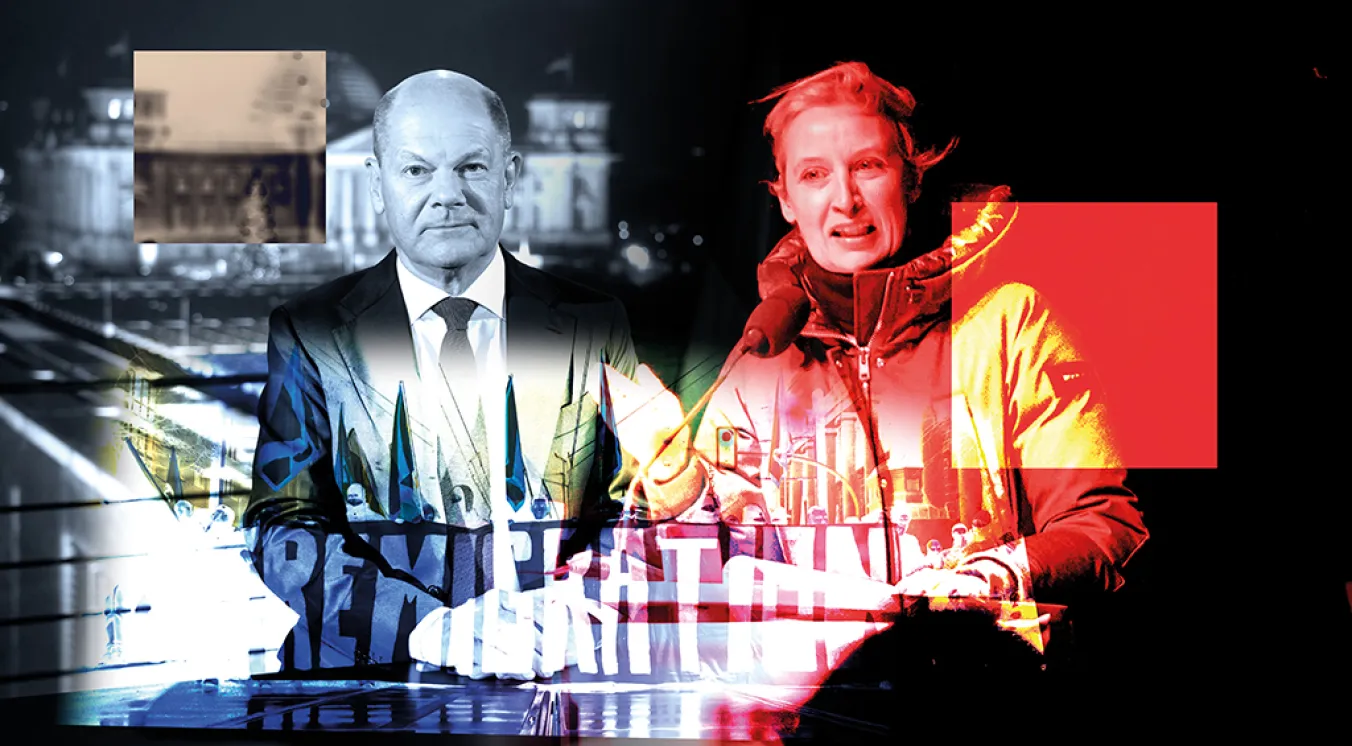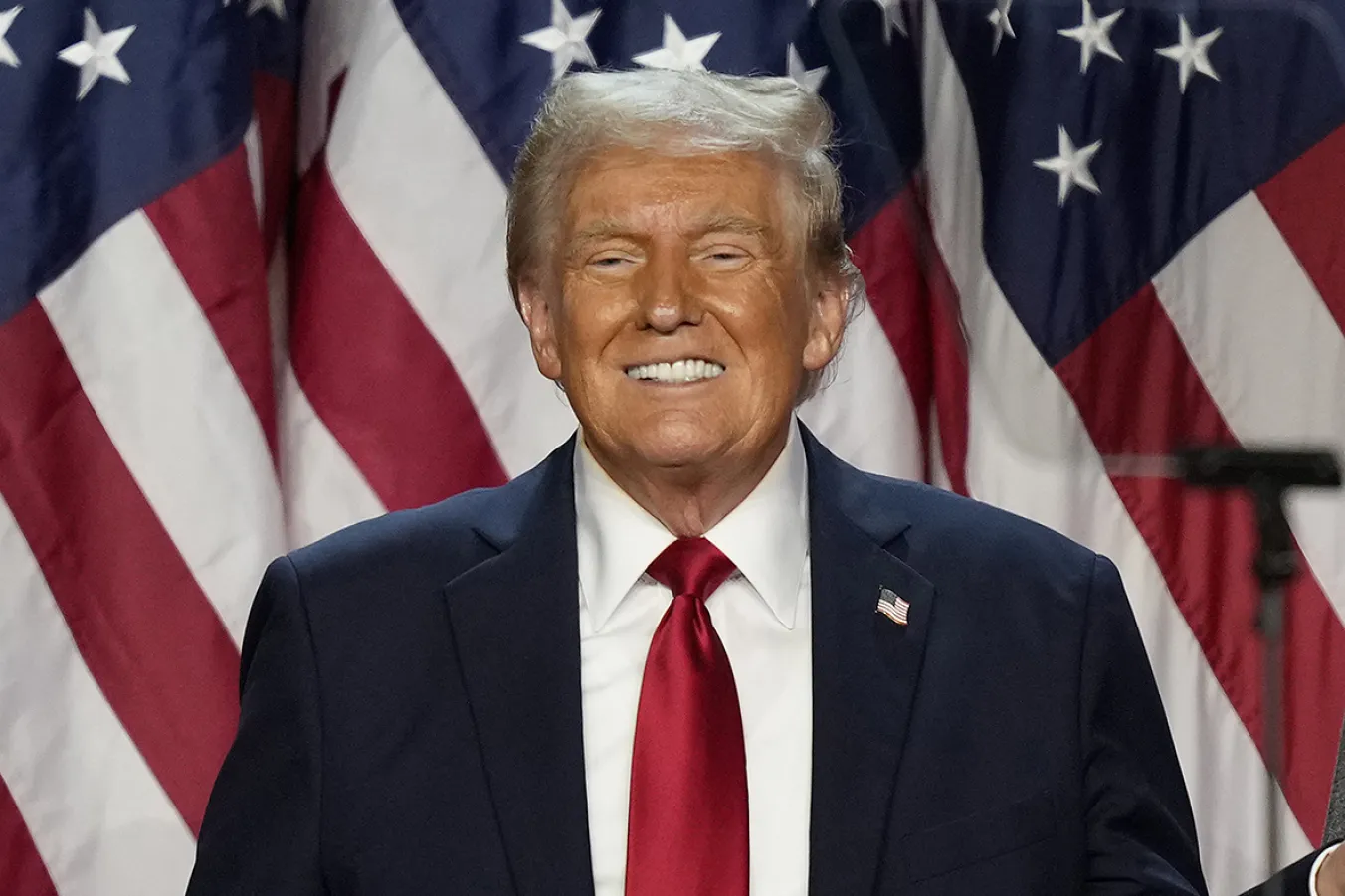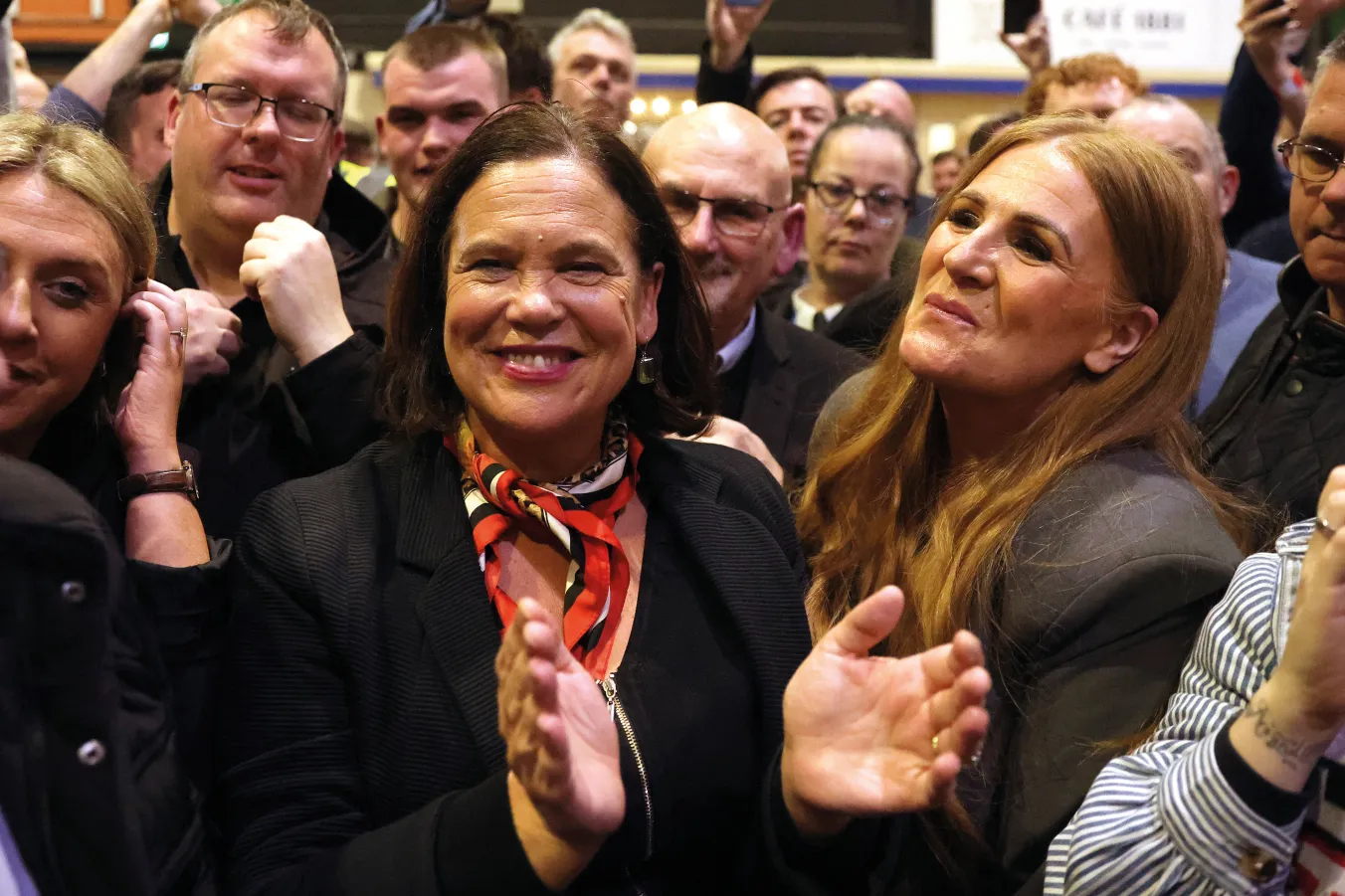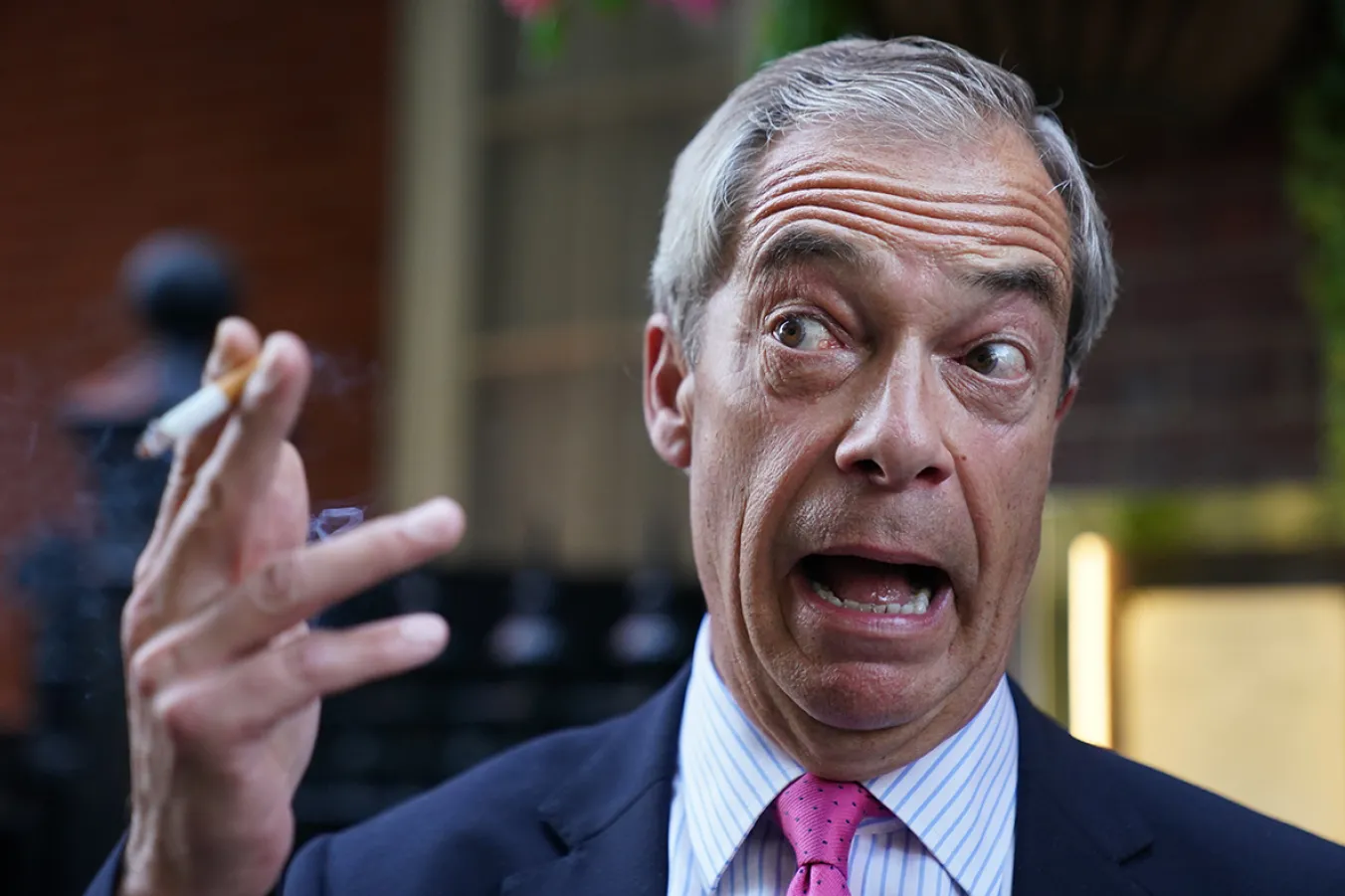
IT is not going to plan. The president of the Council of the European Union has gone off the reservation.
Instead of parroting the practised words of his fellow president (of the European Commission ) Ursula von der Leyen — the woman best described as the US point person in the EU since the British themselves went off the reservation — Hungary’s Victor Orban has taken on himself the task of fixing a cessation of hostilities between Russia and Ukraine.
Today, Thursday July 19, von der Leyen faces a confirmation vote that both the US State Department and the European war party see as vital.
Her ambitions have grown since her less-than-smooth inauguration and she cannot be sure of election by relying on the consensus coalition of her own European People’s Party, the Socialists and Democrats and the Renew factions.
When she was first nominated to the presidency of the European Commission a whiff of scandal followed her. The former physician has a particular penchant for matters military and was the first female German defence minister.
At the time of von der Leyen’s nomination a German parliamentary committee investigated how, during her time as minister of defence, ministry contracts were awarded “without proper oversight, and whether a network of informal personal connections facilitated those deals.”
Deutsche Welle, the German state broadcaster, reported that the ministry was accused of derailing the investigation into alleged wrongdoing in its consultant contracts by deleting data from the official phone of von der Leyen after it was declared evidence in the investigation, and by arguing that the deletion of the phone data was “for security reasons.”
The traditionally cosy consensus which unites the “social democratic” bloc in the EU with the mainstream conservative factions — a consensus grounded in a neoliberal austerity regime of privatisation, and market management coupled to a “common defence” posture — is no longer enough to guarantee stability or continuity in any of the procedures which allocate jobs, titles and influence.
In electing the president of the commission, the plum job, the break-even point is 361 members of the European Parliament and presently the consensus grouping comprises 401 MEPs. The trouble is each group is riven by tensions and a good number of MEPs may stay away or vote against the lash-up.
In her struggle to gain a plurality of votes, von der Leyen has cuddled up to the parliament’s Green faction. This is a group deeply divided, with the German Foreign Minister, a Green turned chief of Nato’s war party, at one pole, and many Green MEPs of a more traditionally progressive disposition who are less martial.
Some Greens accuse the EPP of attempting to blackmail them, in a bid to gain their support for von der Leyen, but without firm commitments to concessions on the Greens’ bargaining agenda. And suspicion runs both ways.
Daniel Caspary, the German CDU delegation leader in the parliament, argues the Greens should be excluded from the (presumptive) Commission majority because they voted against the EU’s migration policy. But then, the Greens are very sniffy about the conservative bloc’s flirtation with the far right. Happy families.
The Greens’ negotiator, Daniel Freund, is spearheading a legal bid to stall the EU Commission’s decision to release Hungary’s €10 billion in frozen funds.
With several states less than happy with the EU stance on the Ukraine war Orban’s freelance diplomacy has rattled the EU establishment. In a whistle-stop tour, the Hungarian premier jetted off to Kiev, Moscow, Beijing and Washington.
The recruitment of the Greens to rein in Victor Orban is setting off stresses that bring to a head the sharpening contradiction between the sensibilities of Green electors in many EU states and the performance of their group leadership in the EU, who seem to have gone native.
This coupled with anxieties about the Ukraine war continuing has caused wobbles in Bulgaria and Slovakia while German public opinion remains unsettled, with an anti-war sentiment gaining ground on both left and extreme right.
Orban plans to leverage his temporary role as president of the EU Council — the forum where national ministers meet — to host a foreign affairs summit in Budapest at the end of August. This has sparked a counter plan to sabotage his grandstanding by staging an unscheduled meeting in Brussels of the EU’s foreign affairs council on the same day.
Orban’s first trip was to see Zelensky in Kiev and now the Ukrainian president is suggesting that a reconvened peace conference might include Russia.
At the root of these shenanigans are the divergent views bubbling up both within member states, within the parliamentary groupings and reflected in the EU machinery.
The conventional “hail fellow, well met” diplomatic round of back-slapping looks a bit hollow with the EU Establishment ganging up on Orban. But the Hungarian leader’s confidence received a big boost with the choice this week, at the US Republican party shindig, of Donald Trump’s choice of vice-presidential running mate.
Ohio senator JD Vance is a critic of Biden’s Ukraine strategy and a sharp critic of what he conceives of as the over-dependence by European Nato states on the US.
Vance ties his criticism of Nato’s Ukraine armament programme to the long-term Trumpian trope that US manufacturing has been sacrificed and, he argues, cannot sustain the manufacture of a long-term giveaway of weapons and munitions. He adopts a traditional US isolationist posture tied to a hyper-realist view that Ukraine will have to concede territory to Russia.
How much of this is designed simply as an electoral appeal to a “middle America” of workers worried about the decline of US manufacturing — and how much would survive what looks like a sure-fire win for Trump in the upcoming election — is a matter of speculation.
Naturally, the sharpening divisions within the US political, intelligence and military elites reflect serious divergences of strategic direction favoured by competing tendencies with the US ruling class.
Where there is a large degree of overlap is in the rhetoric deployed in relation to the US posture towards China. Nevertheless, the EU establishment is seriously alarmed at the prospect of a deep strategic divergence between the US and the EU’s leading circles.
The real issue is whether any of Trump’s performative rhetoric or JD Vance’s more developed views on global politics would survive Trump’s inauguration as president.
If Trump does become president, his weaknesses will be tested to a stress point that will reveal just how far he can go in challenging the common positions of the dominant corporate sectors of the US ruling class — or if he, or the people behind him, even intend to.
Rivalling Ursula von der Leyen in the fascination, even fetishisation, of all things military are Keir Starmer and, cast in the role of his batman, Defence Secretary John Healey.
They have launched a root-and-branch defence review as part of Westminster Labour’s drive to meet the target of raising defence spending to 2.5 per cent of GDP.
None of your namby pamby fiscal responsibility nonsense about needing to fully cost this expenditure.
Starmer has conscripted Tony Blair’s ageing warhorse, George Robertson, to complete the review.
Quite what Robertson will make of the gap opening up between the US and the European Nato states is a mystery. His conception, heavily trailed this week, posits a beleaguered Britain challenged by a “deadly quartet” comprising Russia, China, Iran and socialist Korea.
Of course, the threat to Britain’s subordinate role in the imperial coalition is to sources of profit, influence and raw materials.
Don’t expect the review to detail how Britain’s coasts are under threat from a Russian army currently advancing at a few yards a week in Ukraine; China with a military machine costing barely a quarter of the US military, Iran more concerned with its regional security and North Korea with a military and missile force shaped exclusively for its own territorial defence and to deter a US attack.
Nick Wright blogs at 21centurymanifesto.wordpress.com.
